
Labs are often home for some of the most dangerous hazards. Here’s how employees can stay safe.
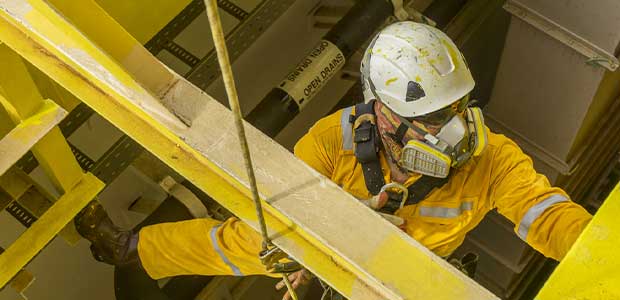
The respiratory protection standard includes a requirement for a medical clearance for required use of tight-fitting respirators and for some specific respirators even with voluntary use.

Manufacturers have begun combining the newest innovations and technologies to suit specific applications and industries.
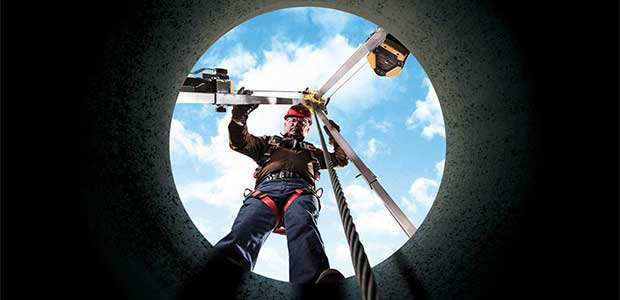
Planning, preparation and proper equipment is key to protecting confined space workers from fall hazards.
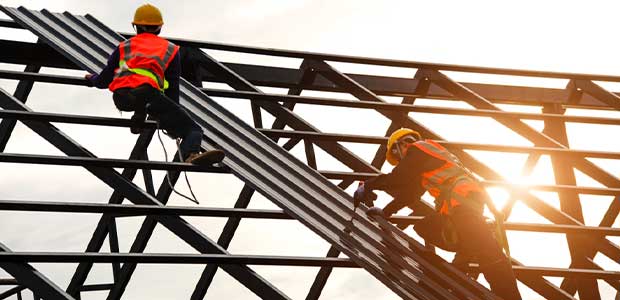
Janiec Roofing Inc. does not comply with OSHA’s previous settlement agreement.
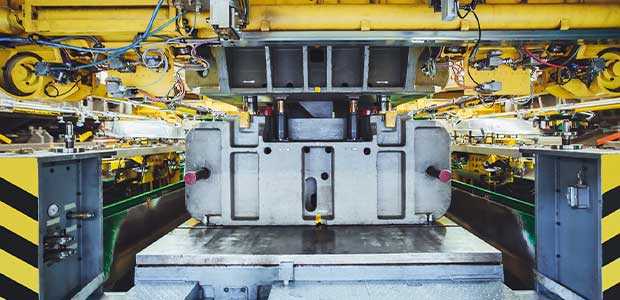
A federal inspection of D&D Manufacturing Inc. in El Paso, TX leads to a $412,750 fine.

Tramont Manufacturing LLC ignored hazards found during inspections in 2020.
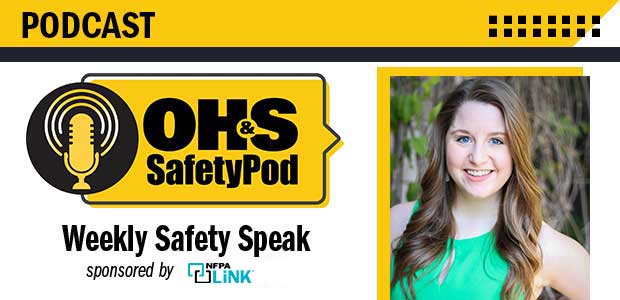
Episode 78
Tune in to hear all about NSC's 25th anniversary of National Safety Month, resources for hearing conservation programs and a study to show that masking did actually help protect workers from COVID-19.

More than half of workers don’t use PPE to protect their hearing.
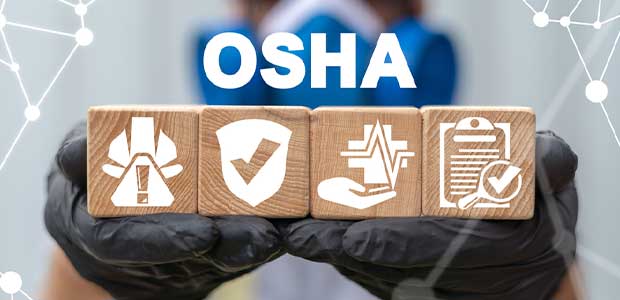
A new standard as well as new guidelines for industries are released as we inch closer to a safe potential ending.
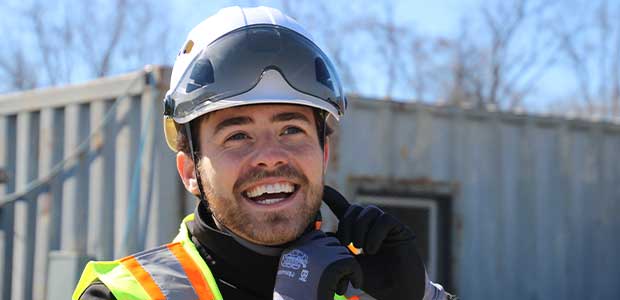
Accidents happen when you least expect them; here is some PPE to consider when working with heights.

How to build the foundation to protect workers against hearing impairments.
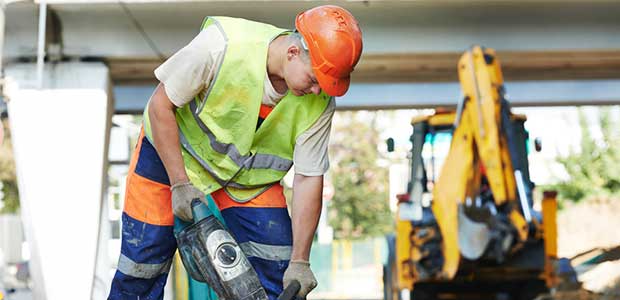
Highly reflective apparel could save lives in work zones.

The summer heat is no joke when it comes to working outdoors; here are facts and tips to stay safe in the blazing sun.

Numerous factors and types of workers should go into consideration for heat prevention.

The extreme risks of uncertainty may be something you never thought to think of.
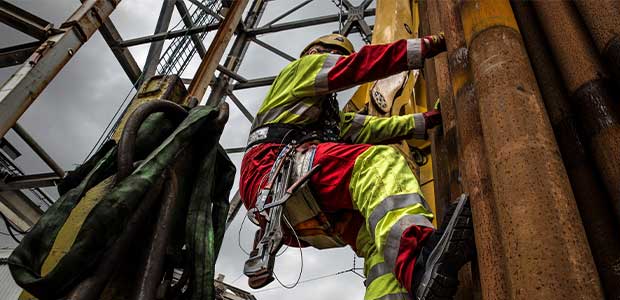
Proper footwear can help avoid major accidents, especially with new innovations.
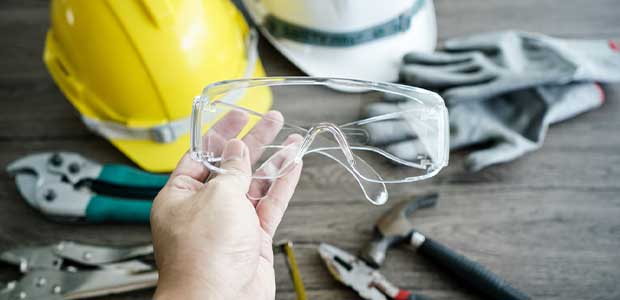
Understanding why workers aren’t wearing their vision protection will help identify program gaps.
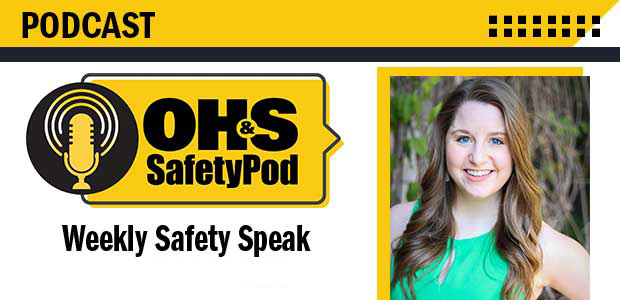
Episode 75
Summer brings with it some great things, but safety directors know that it can also bring increased safety risks for workers on the job. Listen in as we count down the top five most common summertime safety risks.